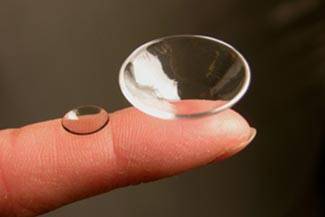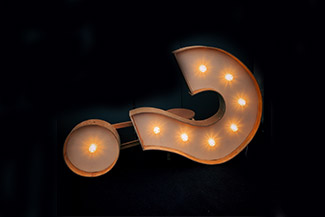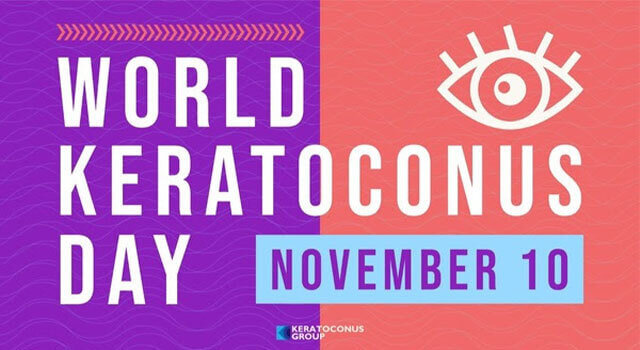
Scleral Lenses For Visual Rehabilitation Following a Corneal Transplant
Tens of thousands of corneal transplants, or keratoplasty procedures, are performed every year. Several reasons explain why one would undergo keratoplasty.
- Eye diseases or eye injuries that are left unmanaged or uncorrected
- Severe cases of glaucoma, age-related macular degeneration or cataracts
- Advanced stages of corneal degeneration or dystrophy
Essentially, a diseased cornea can lead to blindness without proper care from an eye doctor, and keratoplasty is meant to restore as much vision as possible. However, following the surgery, patients may experience vision problems and may require specialty contact lenses to see clearly and comfortably.
Post-Keratoplasty: Treatment & Recovery
Recovery from a corneal transplant might take up to a year, as the eye needs time to adjust to the new cornea. Many patients emerge from the surgery nearsighted or with astigmatism. Often, eye doctors will prescribe eyeglasses or specialty lenses to help with vision during this interim period that may at times have to carry on being worn after the eye has fully healed.
Visual Rehabilitation With Scleral Lenses
Keratoplasty frequently results in irregular corneal surfaces due to the transplant’s inability to fully adapt to the eye. Rigid gas permeable lenses (RGPs), hybrid contact lenses, or scleral lenses may be recommended to give a patient clear and comfortable vision without the need for additional surgery.
Scleral lenses are often the optimal choice, as the lens is designed to vault entirely over the cornea rather than rest on it. Scleral lenses allow a patient’s cornea to remain hydrated, provide clear vision, and avoid any risk of corneal scarring.
Contact Bellport Perspective Eye Care to learn how scleral lenses can provide you with clear and comfortable vision following a corneal transplant.
Our practice serves patients from Bellport, Coram, Patchogue, and Sayville, NY and surrounding communities.










